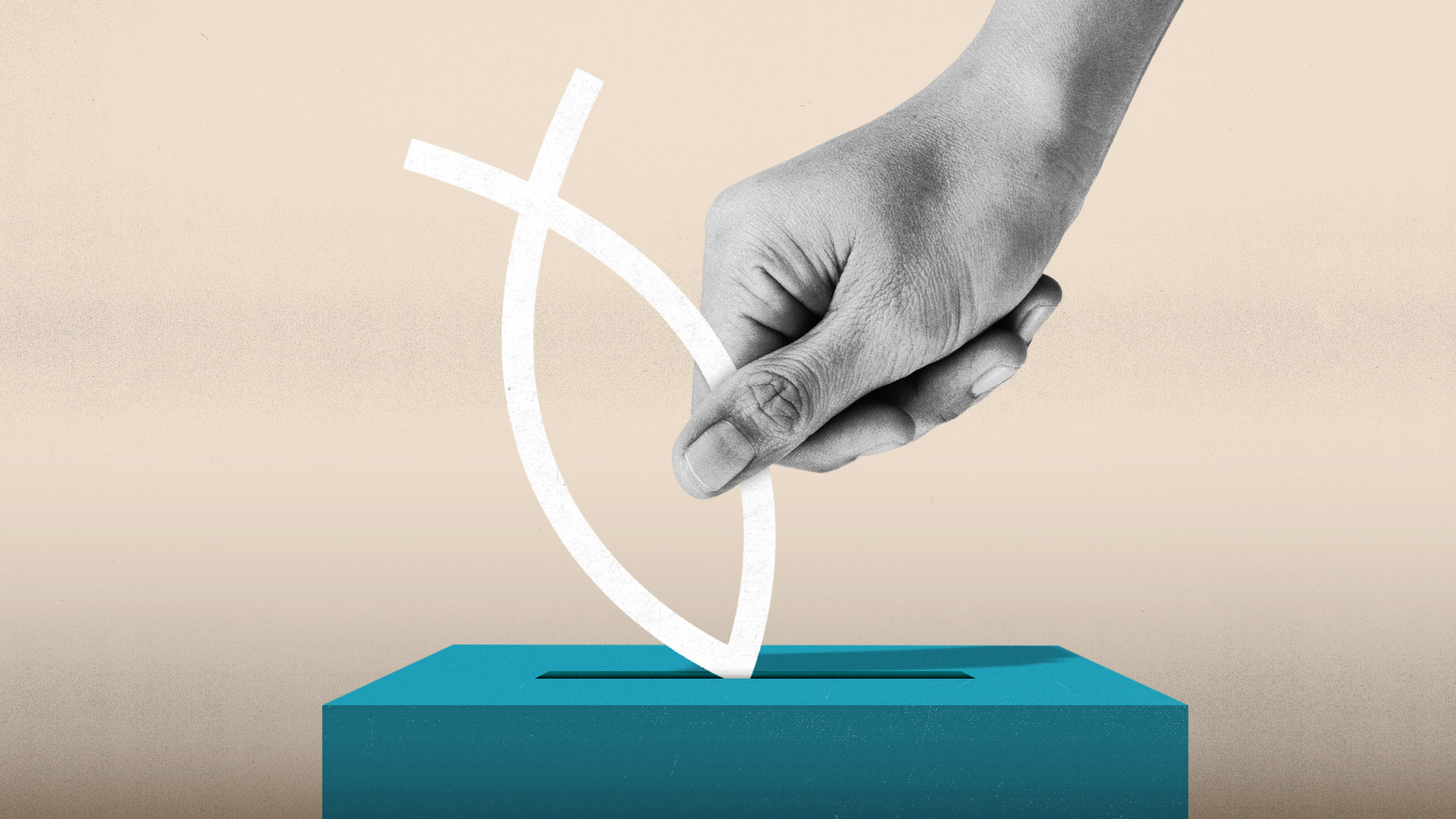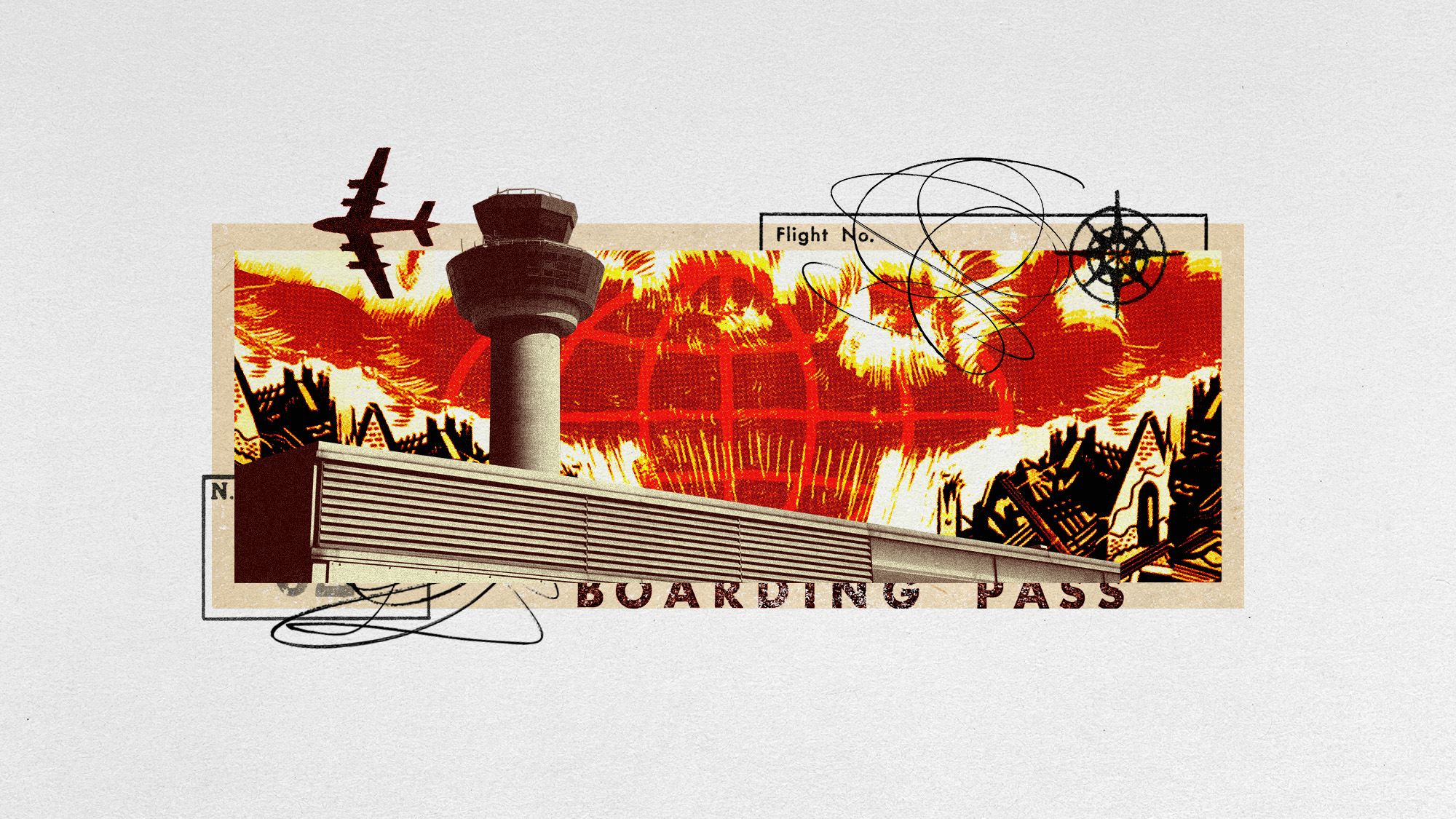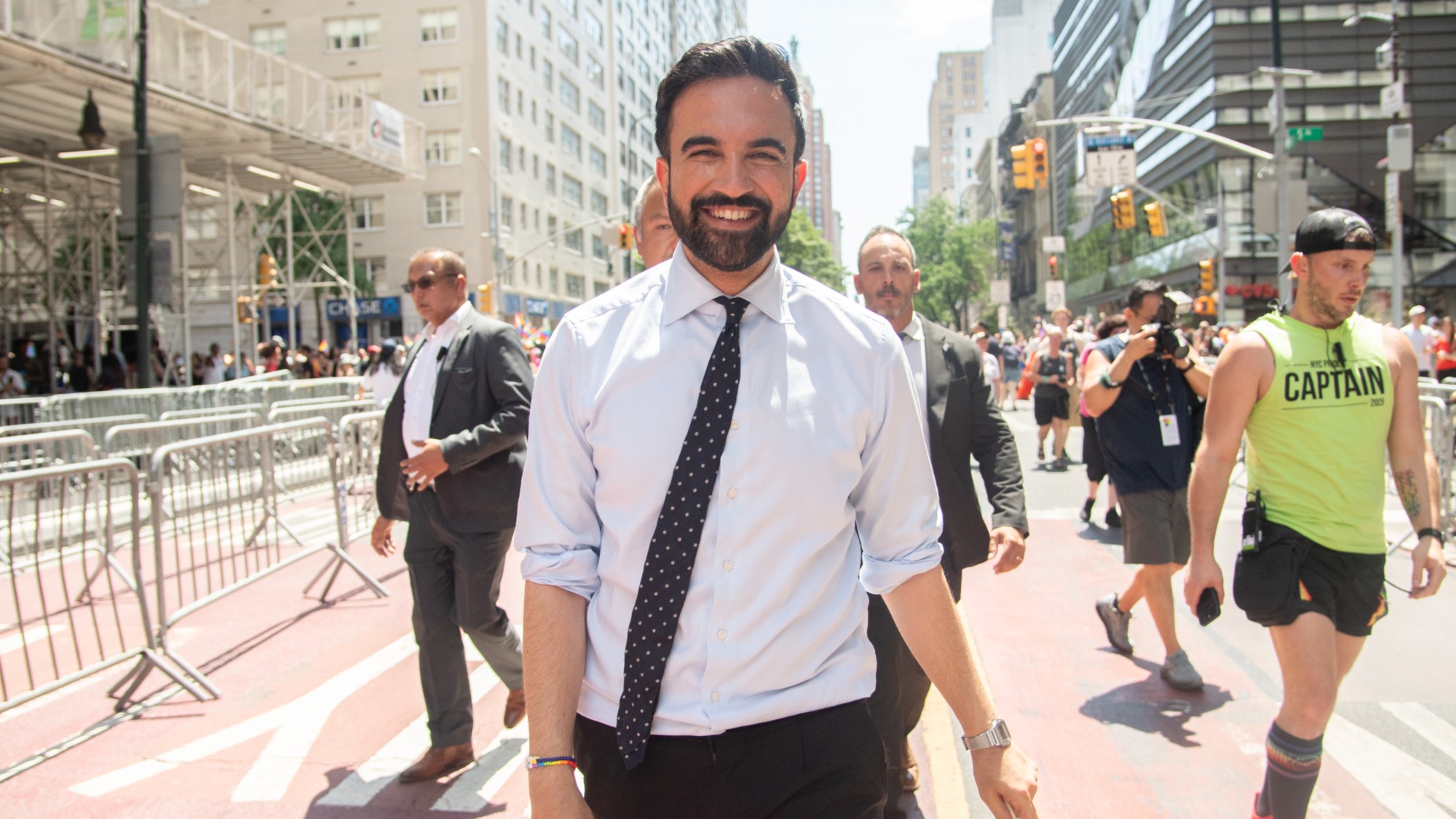What the shifting religious landscape means for American politics
Religious observance is on the decline in the U.S. What does that mean for future elections?


Recent surveys show that the religious landscape of the United States is in flux, with attitudes shifting in parts of the country critical to future elections. The importance of religion in the lives of Americans is declining, according to a new report from the Public Religion Research Institute (PRRI). Only 16% of people surveyed said that religion is the most important thing in their lives, a 4% drop from a decade ago.
Melissa Deckman, the CEO of the PRRI, told NPR that the data reflects another growing trend in American religious life. "Americans are becoming increasingly likely to be religiously unaffiliated," she said. The rise of "nones," or people who identify as atheists, agnostics or "nothing in particular" when asked about their religious identity, has stirred discourse about what this could mean for politics in the U.S. going forward.
Politicians should pay attention
The shift away from religion in America is "a development of tremendous impact, one that will ripple across the political landscape at every level," especially in the presidential election, Ryan Burge said in Politico. Both Republicans and Democrats have reasons to worry and celebrate as voters' mentalities about religion change in different critical parts of the country. Burge notes that the 2020 Religious Census showed that religion is "taking a beating" along the Rust Belt in states like Wisconsin, Michigan and Pennsylvania. Conversely, religious observance has increased in Florida and Texas. Still, both sides "have been slow to react to this changing religious landscape" and "are ignoring these changing dynamics at their own peril," Burge added.
Subscribe to The Week
Escape your echo chamber. Get the facts behind the news, plus analysis from multiple perspectives.

Sign up for The Week's Free Newsletters
From our morning news briefing to a weekly Good News Newsletter, get the best of The Week delivered directly to your inbox.
From our morning news briefing to a weekly Good News Newsletter, get the best of The Week delivered directly to your inbox.
Tina Wray, a professor of religious and theological studies at Salve Regina University in Rhode Island, said that the rising number of "nones" will affect the influence of the evangelical voter base. "The interest of the nones will soon outweigh those of the religious right in just a matter of years," Wray said in a statement to CNN. They will "vote as a bloc, and they're going to be pretty powerful." At some point, white evangelicals will "be eclipsed by the unaffiliated," Wray posited.
Religion is changing, but its influence remains
Regardless of the apparent downward trend, "declining church membership doesn't automatically translate into declining influence,' John Blake said in an analysis for CNN. White evangelicals helped former President Trump get elected. The recent passage of state laws targeting the transgender community and the Supreme Court's overturning of Roe V. Wade are seen as victories for conservative Christian groups.
"Christianity still holds a lot of capital in this country," Lee M. Jefferson, an associate professor of religion at Centre College in Kentucky, told Blake in an interview. Some assume "that a religious community's strength or influence is connected to numbers and attendance," Jefferson said. Despite dwindling attendance, "Christianity will still hold some strong relevance in different landscapes in the US."
A free daily email with the biggest news stories of the day – and the best features from TheWeek.com
Theara Coleman has worked as a staff writer at The Week since September 2022. She frequently writes about technology, education, literature and general news. She was previously a contributing writer and assistant editor at Honeysuckle Magazine, where she covered racial politics and cannabis industry news.
-
 How global conflicts are reshaping flight paths
How global conflicts are reshaping flight pathsUnder the Radar Airlines are having to take longer and convoluted routes to avoid conflict zones
-
 Zohran Mamdani: the young progressive likely to be New York City's next mayor
Zohran Mamdani: the young progressive likely to be New York City's next mayorIn The Spotlight The policies and experience that led to his meteoric rise
-
 The best film reboots of all time
The best film reboots of all timeThe Week Recommends Creativity and imagination are often required to breathe fresh life into old material
